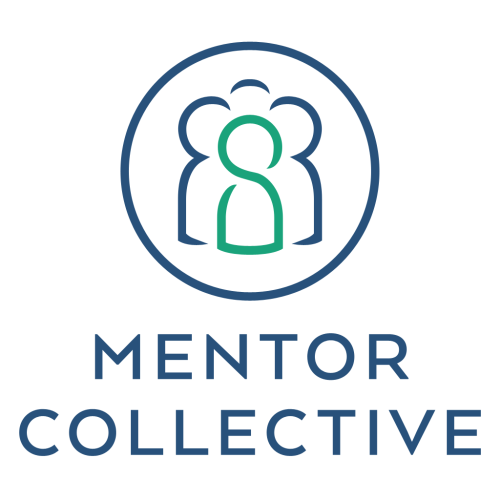
Electrical and Computer Engineering Alumni Prepare Students for Post-College Life
Quick Summary
- Hope Bovenzi and Sam Dawson relate their experiences through the Mentor Collective with UC Davis ECE students

Several UC Davis electrical and computer engineering (ECE) alumni took part in mentoring students this past academic year through the Mentor Collective. The Mentor Collective is a national organization funded through the Lumina Foundation and Resolve Growth Partners that provides a platform through which alumni of different universities can connect with current students.
Hope Bovenzi: Fostering DEI Through Mentoring
Hope Bovenzi, a mentor since 2019, says she has helped students practice for job interviews and apply for various internships. "I get just as much out of this as the students do; this is awesome!" she says.
Bovenzi says there's a "warmth" in the College of Engineering, which she has always appreciated. Speaking fondly of ECE department head André Knoesen and advisor Nancy Davis, she retraces her career steps from Texas Instruments to an MBA at UCLA and currently to a technology position at Tesla.
After graduation, she stayed in touch with Knoesen and worked with college seniors, providing unofficial mentoring.
"I can see touchpoints where people helped me along, and now I can return the favor for others," she explains. Passionate about widening the pipeline of women and individuals from underrepresented groups entering engineering, she aims to coach students about life after their undergraduate years and has had several successful mentoring relationships.
"It's important to tell engineering students that there's more than one way to use your engineering degree. If you have business acumen, you can become a product manager or an executive in a tech company and it's helpful to have a foundational knowledge of engineering in those roles," Bovenzi says.
"Mentoring is what you make it. Anyone can be a mentor if you're able to commit. Go out and jump in, start supporting the next generation of students. If you doubt yourself as a mentor, focus on building a relationship with your mentee and let your coaching flow out of that," Bovenzi says. She recommends being a mentor and a mentee simultaneously so that you never stop learning.
Asked if she'd mentor students again, she said, "Oh, absolutely! I don't see myself ever not mentoring. This will bring more diversity, equity, and inclusion (DEI) into the field."
Sam Dawson: Inspiration and Perspective
Another recent ECE alumni mentor, Sam Dawson, chose to pay forward how much he learned as a UC Davis ECE student through mentoring. He says that his experiences with students inspire him. "I see people succeeding who didn't necessarily have all the opportunities I did. There are amazing students at UC Davis who will do great things," says Dawson.
He says that mentors can guide students through the sometimes difficult transition from college to a professional engineering career. "It is valuable to have someone who's been there before give you an idea of what's coming up next and help put things in perspective. Even if it's just to let you know that you’re not the only one struggling with a difficult course or to tell you how the fundamentals you're learning in computer architecture will be useful to you in so many different jobs."
Dawson continues by describing the differences between school and employment.
"One difference is the focus and depth - you're going to go way deeper into particular problems than you ever could in a 10-week class. Another is that there are no regular homework assignments or curricula created by a professor that will guide you through exactly what you should be learning and when - that's all up to you. Can you plan what steps need to be taken to complete long-term projects? Can you find the resources you need to learn about something new, all independently?"
The engineering world has changed since graduating in 2015. "Machine learning is everywhere now, for hardware as well as software. Everyone wants custom ML chips. The basic engineering principles are the same as always, but they're being applied to solve exciting new problems."
The pandemic also changed things for the students. "Taking classes online, figuring out how to make friends and form study groups online, is harder."
As for career development advice he'd give to college students, he says, "Find what you love doing! The most valuable thing you can find in college is what fields or types of work are fun for you. What classes do you look forward to? Which types of projects can you dive into and work on for hours and days and enjoy. And what do you not like doing?"
Dawson is excited to mentor a new group of students and finds the process extremely rewarding.
